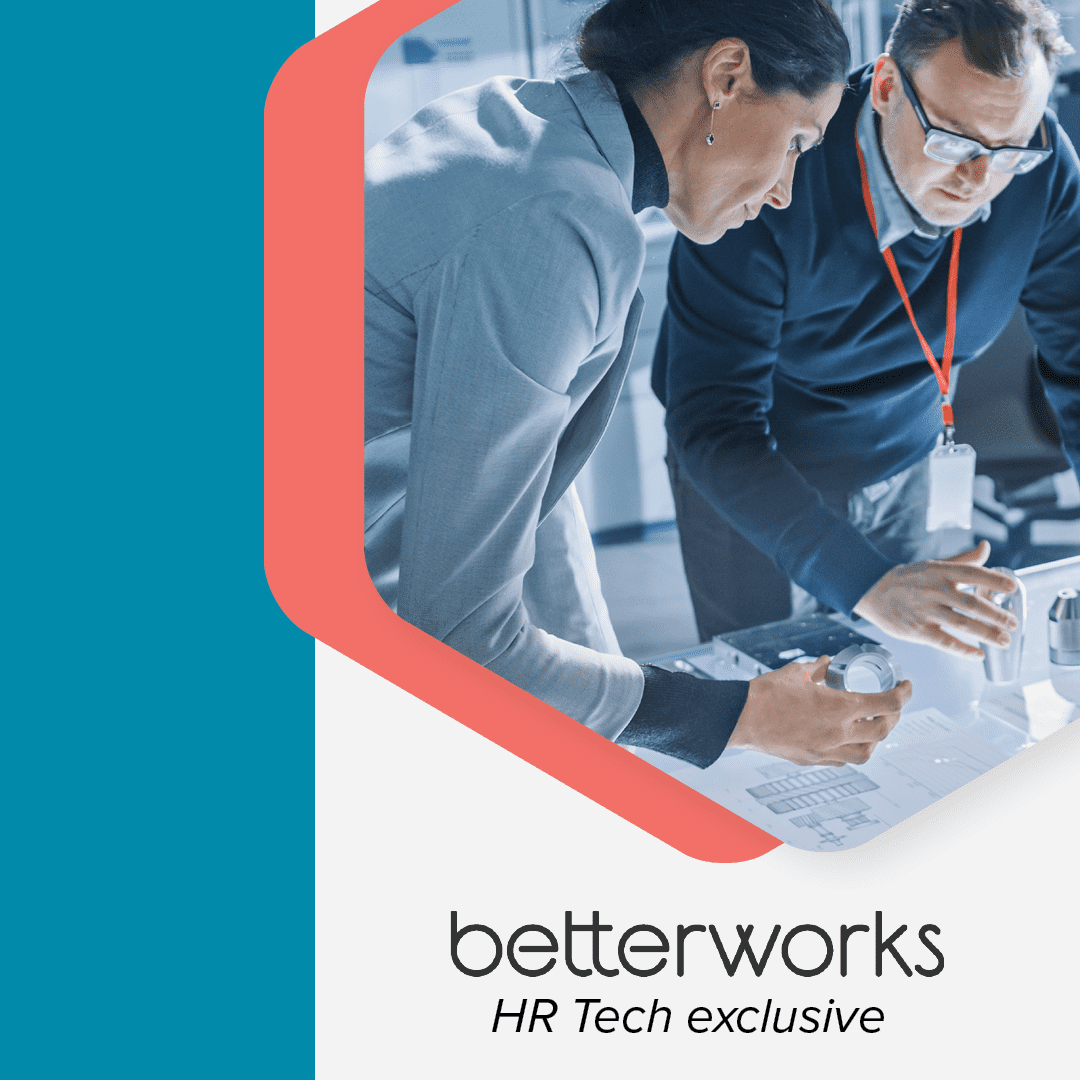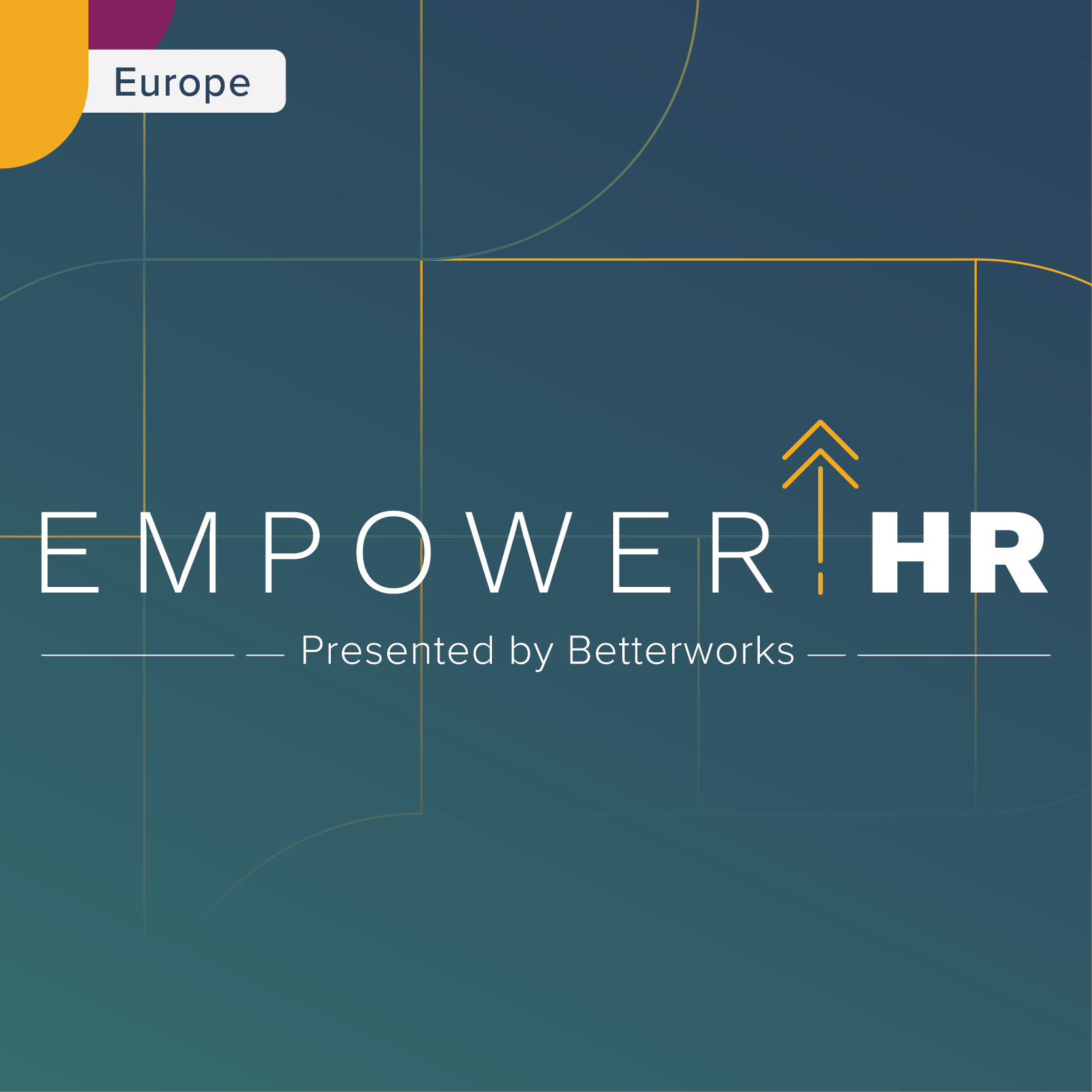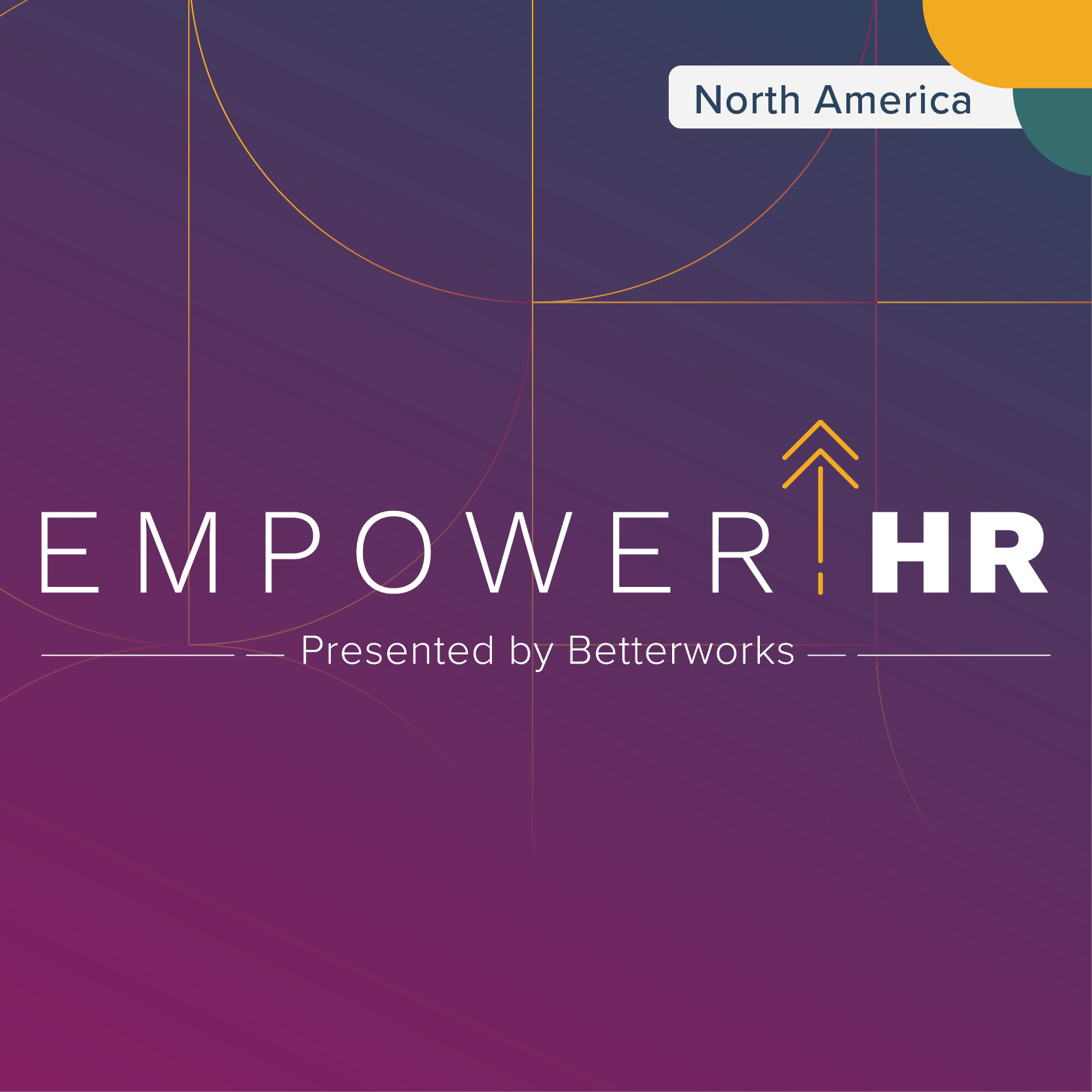In the past two years, organizations have undergone an incredible amount of change — trying to get people to work in a different way, adapt to new ways of thinking, and use new tools in their toolkit that are designed to make work both an easier and a more productive endeavor.
For Diane Youden, principal of HR transformation at PwC, digital transformation boils down to an opportunity for HR to — borrowing a famous phrase from Apple — think different.
“It’s a new way of thinking, using new tools in our toolkit, and considering how we can create the opportunity for people to move differently [in their careers], and culturally, to shift to a new mindset,” Youden said during the HR Tech session, “A People-First Approach to Digital Transformation.”
She sees digital transformation as a chance for HR to consider the skills and new capacities that it can help foster among employees, encouraging them to pursue different things and have more value.
HR can bridge the gap between the C-Suite and employees
A recent PwC survey of 700 senior executives in the United States and 52,000 employees reveals stark differences between what is top of mind for each group in 2022. Among the former, the key concerns are:
- Cybersecurity (40%)
- Talent acquisition and retention (35%)
- Rising production costs (34%)
- Supply chain disruptions (34%)
- Inflation/lower consumer demand (31%)
- U.S. regulatory environment (31%)
- Recession (30%)
For employees, the top of mind issues are job fulfillment (when considering a job change, 69%), pay (asking for a raise when they have specialized training, 41%), and upskilling (made available to employees to address labor shortages, 40%).
Youden points out that while only one of the top concerns of senior executives is about people, this presents an opportunity for HR to provide the people insights that tie in to these major issues. For example, when it comes to cybersecurity, what are the skills needed to protect an organization from a cyberattack? How does a business train its people to be on guard against such attacks? Similarly, rising production costs might be addressed by using technology to automate certain manual tasks and reskilling and upskilling employees to manage the technologies on a production line, for example.
Among employees, the survey data makes clear that while money still matters, sentiments about its importance have shifted.
“Fulfillment matters greatly to us,” Youden says.”If I’m happy and fulfilled as an employee, how seriously am I going to take a call from a recruiter?”
READ: The Betterworks 2022 State of Performance Enablement Report
Job satisfaction includes such measures as opportunities for internal growth, the value that employees receive from the work activities they spend their time on, and growth and learning. Youden encourages managers to have stay conversations to better understand the aspects of a role that matter to employees.
While businesses may look at pay raises to retain talent with specialized skills as a costly approach, here again, Youden encourages HR to view such demands in a different light. Employees who ask for raises intend to stay, she says, and the additional monies spent on salaries are likely a wise investment when compared to the cost of getting a new hire up to speed.
Thinking differently can change the way the business views labor costs, especially in an era where the competition for talent is intensified. Related to this, HR also plays a crucial role in helping the business look at jobs differently, whether hiring internally or externally. Youden believes companies need to decouple past experience from skills needed for a role, reconsider the way roles are defined, and look at non-traditional labor pools, such as veterans and underrepresented minorities, when filling jobs externally. Internally, HR can encourage a mindset shift that brings greater focus to internal recruitment, and encourages employees to apply their skills in new ways. For example, a company may have data scientists, but can they draw the right employee insights through an HR lens? HR could consider bringing the data scientist into an HR business partner role. In doing so, HR not only thinks anew, but models the behavior for the rest of the company to follow.
Driving digital transformation requires the right tools
According to Youden, 77% of employees judge a company by the tools they’re given to do their jobs. HR must learn where the friction is and eliminate any frustration that employees have with the tools.
While the digital solutions companies will use depends upon their level of maturity, they should plug into their larger technology ecosystem in a way that doesn’t create more friction for employees and that drives better business outcomes.
“As an HR team, you want to know that you’re using the latest tools and technology because you’re adding to the business the pre-capacity to focus on the things that matter most, and in doing so, redefining what you can bring to the organization.”
She also cautions that once a digital technology is deployed and its success measured, HR leaders need to circle back with leadership to share the results — to “put on our CFO hat and talk about the outcomes, especially if we want funding for future initiatives.”
READ: Using OKRS for HR digital transformation with Angeli Elliott
Changing culture, changing mindset
Youden admits that “culture” is a hard conversation to have because it can be somewhat nebulous. But, she believes that HR’s role in digital transformation is to think about the desired behaviors and mindset that accompany it.
“HR needs to help employees find what they’re passionate about,” she says. “When we’re upskilling people, it’s not just for the benefit of the business.” Likewise, managers need to exhibit behaviors that make employees feel supported.
READ: How can you develop and build a high-performing culture?
Guidelines for digital transformation success
HR can help promotes a successful digital transformation by keeping “FACES” in mind:
Forward-thinking: Focus on continual progression and innovation.
Agile: Keep up with the business and be willing to try new things, knowing not everything will work out as anticipated.
Culture: If you have a solid culture that people resonate with, the productivity coming out of that culture will be dramatically higher than that of a punitive culture.
Experience-driven: The employee experience is what the business is trying to drive.Speed: The world is changing fast. You must keep pace.
Speed: The world is changing fast. You must keep pace.







